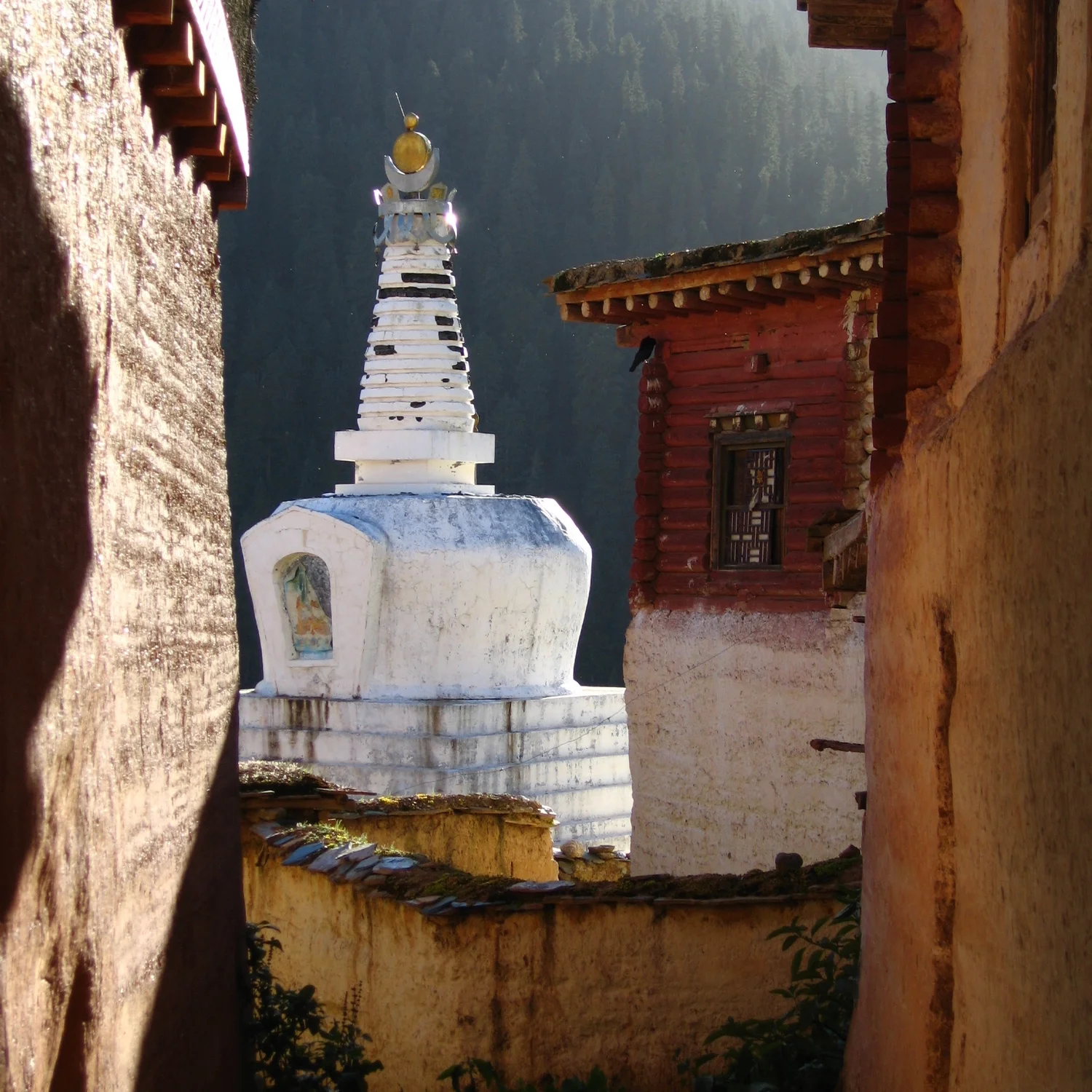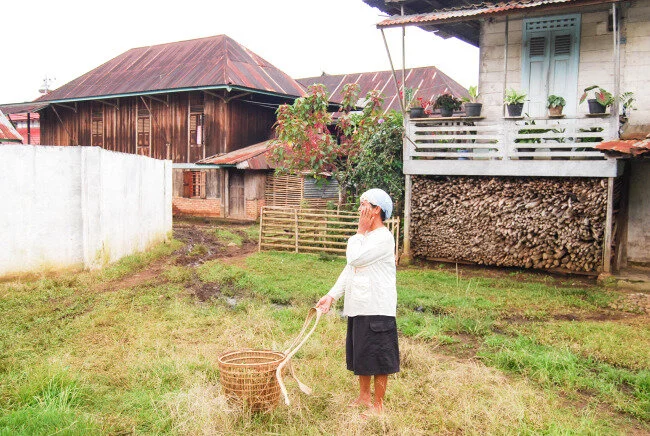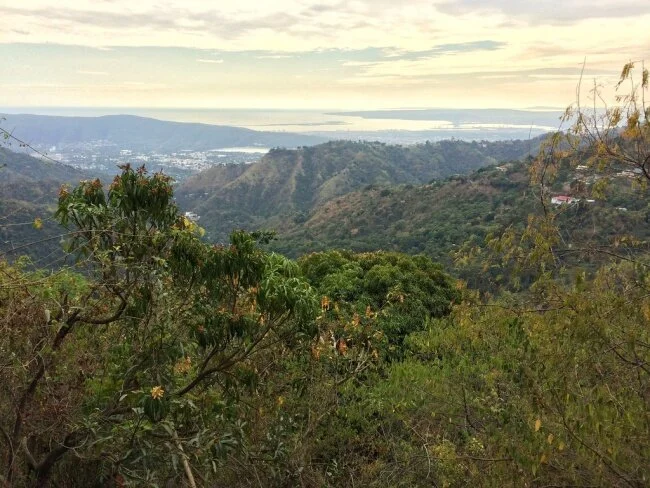by Dina Lyuber
Being naked in public, for a North American, is the stuff of nightmares. Why? Is it because our bodies are so embarrassing? Perhaps it’s just a social convention; we are expected to hide our bodies, and so we feel awkward in public spaces when we must expose them. Maybe this is why many tourists avoid bathhouses. After all, they have a perfectly nice, private bathtub in their hotel room. And back home, they can wear a bathing suite as they sink into the hot tub at the community pool.
They may have avoided exposure, but they have no idea what they are missing.














